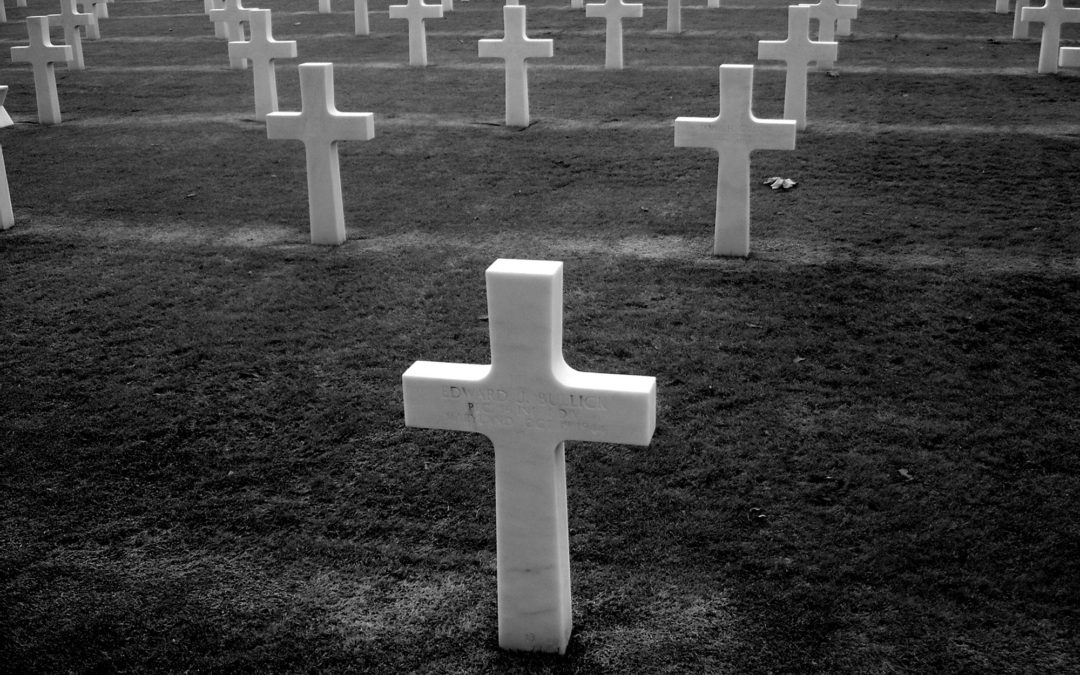The equality of women is more than a moral issue affecting half the population of the planet. Because the issue is largely ignored, the unheard voice of women is a national security issue that endangers every country. The Universal House of Justice wrote, in 1985:
The emancipation of women, the achievement of full equality between the sexes, is one of the most important, though less acknowledged prerequisites of peace. The denial of such equality perpetrates an injustice against one half of the world’s population and promotes in men harmful attitudes and habits that are carried from the family to the workplace, to political life, and ultimately to international relations. There are no grounds, moral, practical, or biological, upon which such denial can be justified. Only as women are welcomed into full partnership in all fields of human endeavour will the moral and psychological climate be created in which international peace can emerge.(1)
The logic behind this quotation is based on several statements in the Bahá’í Writings. For example:
Equality between men and women is conducive to the abolition of warfare for the reason that women will never be willing to sanction it. Mothers will not give their sons as sacrifices upon the battlefield after twenty years of anxiety and loving devotion in rearing them from infancy, no matter what cause they are called upon to defend. There is no doubt that when women obtain equality of rights, war will entirely cease among mankind.(2)
With the happiness of half the world’s population, and even national security at stake, why is the equality of women and men not a top priority? The answer is inertia for some, ignorance for others. The ingrained and pervasive influence of the superior-male milieu cannot be overemphasized. Many women around the world still consider themselves to be less than men. Even women who consider themselves the equals of men often define themselves as victims—and they are—but to maintain a self-definition of victimhood puts a mental and emotional limit on one’s aspirations. In the US, we live in a white, male, heterosexual, Christian culture. To be a woman, a person of color, a homosexual, or a non-Christian is to be an “other,” someone who has to fight for the crumbs falling from the white male table. It is true that there are laws that enable people to fight for their rights, but when will our culture evolve into one that, without being forced, respects diversity and empowers all people to improve themselves and to achieve their potential? It is good that some countries have passed laws giving all people equal rights, but we must go still further. We must understand and embrace the unity of the human family. We are all one, “even as a single soul.”(3)
Thanks for reading,
Ron
(1) Universal House of Justice, The Promise of World Peace, downloaded 31 Jan 2016 from http://www.bahai.org/documents/the-universal-house-of-justice/promise-world-peace
(2) `Abdu’l-Bahá, The Promulgation of Universal Peace, p.175, Andesite Press, 2015.
(3) `Abdu’l-Bahá, Selections from the Writing of `Abdu’l-Bahá, p. 122, Bahá’í Publishing Trust, 2010.

Recent Comments